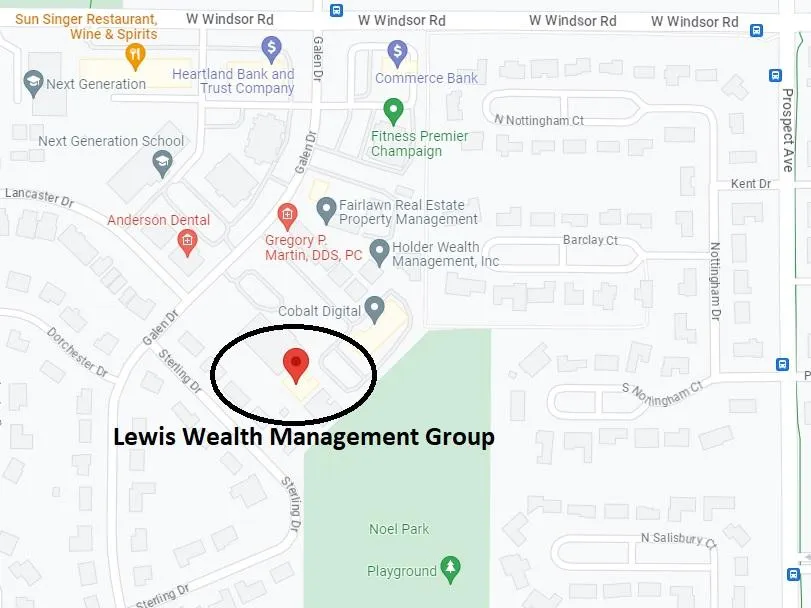
Cashing In or Cautious Planning? Navigating the IRA Inheritance Maze
So, you've just inherited an IRA, and you're probably thinking, "Now what?" You're not alone! Inheriting an IRA can feel like you've just been handed a treasure map without the 'X' marked clearly. It's a bittersweet moment, and while it may seem like a financial windfall, it comes with its own set of rules and, yep, tax consequences. In this guide, we're going to walk you through what to do when you inherit an IRA and what the tax consequences are. Buckle up, because we're about to dive deep into the world of inherited IRAs!
What to Do When You Inherit an IRA
Understanding Your Inheritance
First things first: Take a deep breath! Inheriting an IRA isn't as daunting as it sounds. There are a few key things you need to understand right off the bat:
Type of IRA: Is it a traditional IRA or a Roth IRA? The type affects the tax rules big time.
Your Relationship to the Deceased: Are you a spouse, a non-spouse, or maybe even a trust? Your relationship to the original owner plays a huge role in your options.
Step-by-Step Action Plan
Contact the Financial Institution: Let them know you're the beneficiary. They'll have specific procedures to follow.
Understand Your Distribution Options: Depending on your relationship to the deceased, you might have different choices for how and when you can access the money.
Consider the Tax Implications: This is a biggie! Taxes can take a significant bite out of your inheritance if not handled correctly.
Navigating the Tax Labyrinth
Ah, taxes – everyone's favorite topic, right? When it comes to inherited IRAs, the tax rules can be a bit of a maze. Here's a quick rundown:
Traditional IRAs: Expect to pay taxes on distributions, as the money in there hasn't been taxed yet.
Roth IRAs: Usually, these distributions are tax-free, as the original owner already paid taxes on the contributions.
Tax Consequences of Inheriting an IRA
Spouse Beneficiaries
If you're the spouse of the original owner, congrats! You've got some flexible options:
Treat it as Your Own: You can basically roll it over into your own IRA. This can be a smart move, especially if you're not ready for distributions.
Take Required Minimum Distributions (RMDs): Depending on your age, you might have to start taking out a minimum amount each year.
Non-Spouse Beneficiaries
Non-spouse beneficiaries, you've got a different set of rules:
The 10-Year Rule: Generally, you'll need to withdraw the entire amount within 10 years following the owner's death. No pressure, but this is where strategic planning is key!
Tax Strategies to Consider
Understand Your Tax Bracket: Know where you stand to avoid pushing yourself into a higher tax bracket with your distributions.
Consider the Timing: Sometimes, spreading distributions over several years can minimize the tax hit.
FAQs: Inherited IRAs and Taxes
What happens if I don't take RMDs on time?
Watch out! The IRS isn't playing around here. There's a hefty 50% penalty on the amount that should have been withdrawn.
Can I contribute to an inherited IRA?
Nope, you can't make additional contributions to an inherited IRA. What you see is what you get!
Are there exceptions to the 10-year withdrawal rule for non-spouses?
Yes, there are exceptions, especially if you're a minor, disabled, or not much younger than the original owner.
Conclusion: Inheriting an IRA – A Blessing or a Curse?
Inheriting an IRA is like being handed a double-edged sword. On one hand, you've got this unexpected financial boost. But on the other, there's a tangled web of rules and tax implications. The key? Don't rush into decisions! Take your time, consider your options, and maybe even chat with a financial advisor. Remember, it's not just about cashing in; it's about making smart choices for your financial future. So, when you find yourself wondering what to do when you inherit an IRA and what the tax consequences are, remember: Knowledge is power, and with the right strategy, you can turn this inheritance into a real treasure!

Paul Lewis, CFP®,CWS®
Paul Lewis is a Financial Planner and Wealth Manager for Lewis Wealth Management Group and has worked in the financial services business since 1981. He opened his own branch office in Champaign in 1988. He earned his CFP® (Certified Financial Planner) designation in 1989 and his CWS (Certified Wealth Strategist) designation in 2009. Paul focuses on assisting families simplify their financial affairs and portfolio management. Before entering the business world, Paul served in the United States Marine Corps for 5 years. During his time in the Marine Corps, Paul was decorated with the Defense Meritorious Service Medal and the P.O.W. medal. Paul received his BS in Economics from the University of Illinois. He is now a life member of the University of Illinois Alumni Association and was a sixteen year member of the Unit 7 School Board of Education. He remains very active in numerous local organizations. When not working, Paul enjoys spending time with his wife Kristi. They have two grown children, Nate and Nick. He also has two grandsons Camden and Crew.
©2023 Lewis Wealth Management Group. All rights reserved.
Lewis Wealth Management Group
217-337-5584
2506 Galen Drive Ste 104
Champaign IL 61821
Check the background of your financial professional on FINRA's BrokerCheck.

